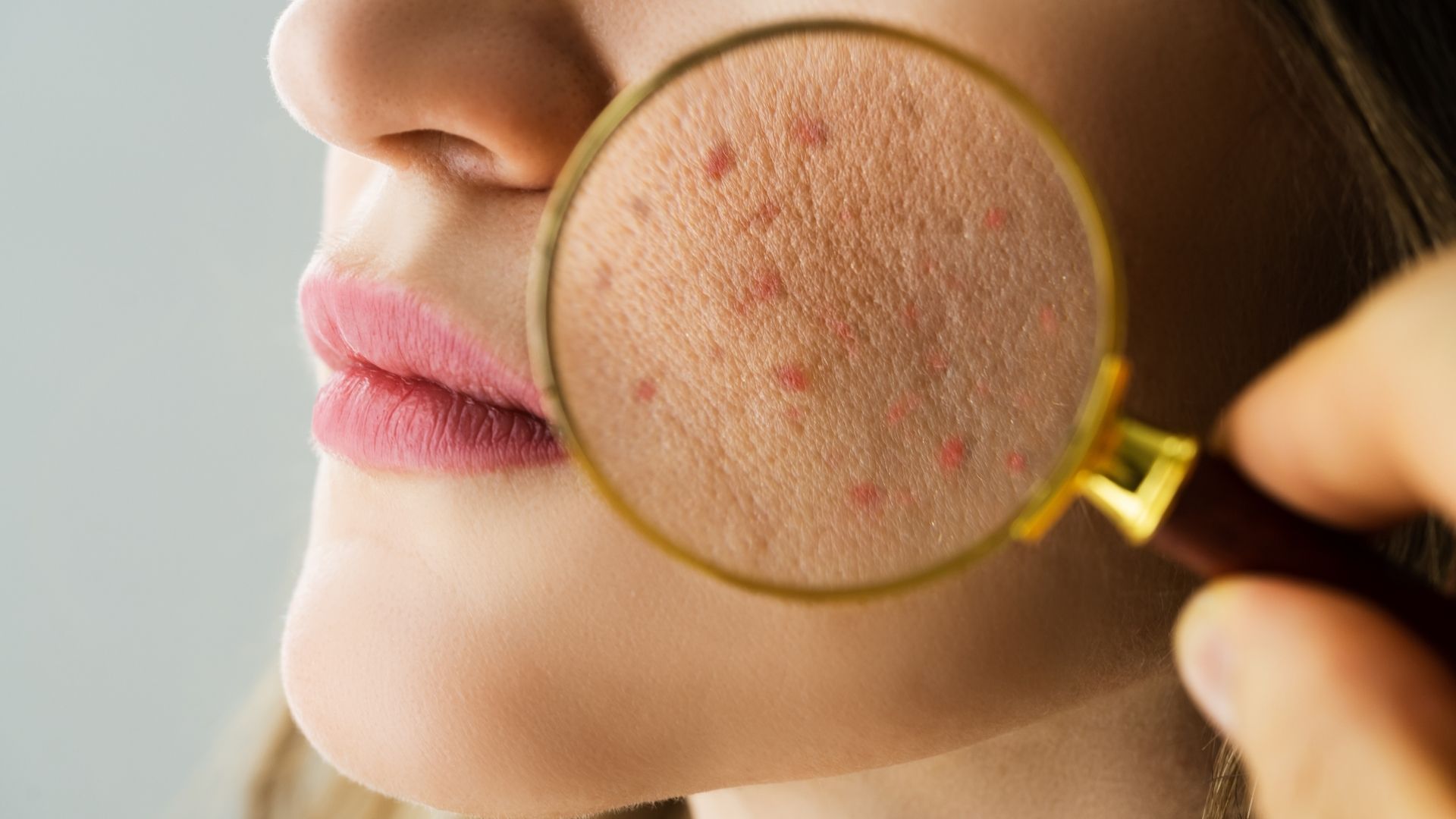PCOS is a hormonal condition causing irregular periods, acne, weight gain, and fertility issues. While there’s no cure, effective management through medication, lifestyle changes, and telemedicine support from DoctorTora can significantly improve your quality of life, helping you take control of your symptoms and overall health.
Symptoms, Causes, and Treatment
Introduction
Polycystic ovary syndrome (PCOS) is a common hormonal condition affecting people with ovaries, particularly those of reproductive age. It can lead to irregular menstrual cycles, fertility challenges, and a variety of other symptoms that affect both physical and emotional well-being.
Although PCOS is a lifelong condition, it can be effectively managed with medical treatment and lifestyle changes. With DoctorTora, you can easily consult a doctor online to receive personalized care for PCOS. This article covers everything you need to know about PCOS, including its causes, symptoms, treatment options, and when to seek help.
What is Polycystic Ovary Syndrome?
PCOS is a hormonal disorder characterized by an imbalance in reproductive hormones. This imbalance can lead to irregular or missed periods, excess levels of androgens (male hormones), and small fluid-filled sacs (cysts) in the ovaries.
PCOS can also increase the risk of developing other health conditions such as diabetes, heart disease, and sleep apnea if left untreated.
Common Symptoms and Causes of Polycystic Ovary Syndrome
Symptoms
Symptoms of PCOS can vary from person to person, but the most common signs include:
- Irregular periods: Infrequent, prolonged, or absent menstrual cycles.
- Excess hair growth: Known as hirsutism, often on the face, chest, or back.
- Acne: Persistent or severe acne, especially on the face, chest, or upper back.
- Weight gain: Difficulty losing weight or sudden weight gain.
- Thinning hair: Hair loss or male-pattern baldness on the scalp.
- Darkened skin patches: Often on the neck, groin, or under the breasts.
- Fertility challenges: Difficulty conceiving due to irregular ovulation.
Causes
The exact cause of PCOS is unknown, but several factors are believed to contribute:
- Hormonal imbalance: Increased levels of androgens can interfere with ovulation.
- Insulin resistance: High levels of insulin may lead to increased androgen production.
- Genetics: A family history of PCOS or related conditions increases the risk.
How is Polycystic Ovary Syndrome Diagnosed?
Diagnosing PCOS involves a combination of symptom evaluation, medical history, and specific tests.
Steps in Diagnosis
- Medical history: Discussing menstrual irregularities, weight changes, and family history of PCOS or diabetes.
- Physical examination: Checking for signs like excess hair growth, acne, or darkened skin patches.
- Blood tests: Measuring hormone levels, including testosterone, luteinizing hormone (LH), and follicle-stimulating hormone (FSH).
- Ultrasound: Examining the ovaries for cysts and checking the thickness of the uterine lining.
Through DoctorTora, you can consult a doctor to discuss your symptoms and determine if further in-person tests are necessary.
How is Polycystic Ovary Syndrome Treated?
Medications
PCOS treatment is tailored to address specific symptoms and health goals, such as managing irregular periods, reducing acne, or improving fertility. Common medications include:
- Hormonal contraceptives: Birth control pills, patches, or vaginal rings to regulate periods and reduce androgen levels.
- Metformin: To improve insulin sensitivity and lower blood sugar levels.
- Clomiphene: A medication used to induce ovulation for those trying to conceive.
- Anti-androgen medications: To reduce excess hair growth and acne.
- Topical treatments: For acne or skin darkening associated with PCOS.
Lifestyle Modifications
- Healthy eating: A balanced diet rich in whole grains, lean proteins, and healthy fats.
- Regular exercise: Helps manage weight and improve insulin sensitivity.
Self-Care Instructions for Polycystic Ovary Syndrome
In addition to medical treatments, self-care is essential for managing PCOS effectively. Here are some tips:
- Adopt a balanced diet: Focus on whole, nutrient-dense foods and limit processed sugars.
- Maintain a healthy weight: Even a 5–10% reduction in weight can improve symptoms.
- Stay active: Aim for at least 30 minutes of moderate exercise most days of the week.
- Manage stress: Practice relaxation techniques like yoga or meditation.
- Monitor symptoms: Keep track of your menstrual cycle and any changes in symptoms.
- Avoid smoking: Smoking can worsen insulin resistance and androgen levels.
When to Seek Care with Telemedicine for Polycystic Ovary Syndrome?
If you’re experiencing symptoms of PCOS or need guidance on managing the condition, telemedicine can provide convenient and accessible care.
Steps to Seek Telemedicine Care:
- Download the DoctorTora app from the App Store or Google Play
- Select “Other” under symptoms on the home screen.
- Queue for an immediate consultation or book an appointment for a convenient time.
- Receive a consultation report with a detailed treatment plan and a prescription if necessary.
DoctorTora connects you with licensed doctors who can provide tailored advice and create a management plan for your PCOS.
When to Seek Urgent Care at a Physical Hospital for Polycystic Ovary Syndrome?
While PCOS is rarely a medical emergency, certain symptoms may require immediate attention:
- Severe pelvic pain or bloating.
- Heavy menstrual bleeding or bleeding between periods.
- Sudden and significant weight gain.
- Symptoms of diabetes, such as excessive thirst, frequent urination, or blurred vision.
If you experience these symptoms, visit a hospital or emergency care facility for further evaluation.
FAQ
- Can PCOS be cured?
There is no cure for PCOS, but it can be managed effectively with lifestyle changes and medical treatment. - Does PCOS always cause infertility?
No, many people with PCOS can conceive with the right treatment and care. - Can PCOS affect mental health?
Yes, PCOS is linked to an increased risk of anxiety and depression due to hormonal imbalances and the challenges of managing symptoms.
Related Articles
Explore more helpful resources on our website:
- Food Allergy: Symptoms and Management
- Understanding Hormonal Imbalances
- Tips for Managing Acne


